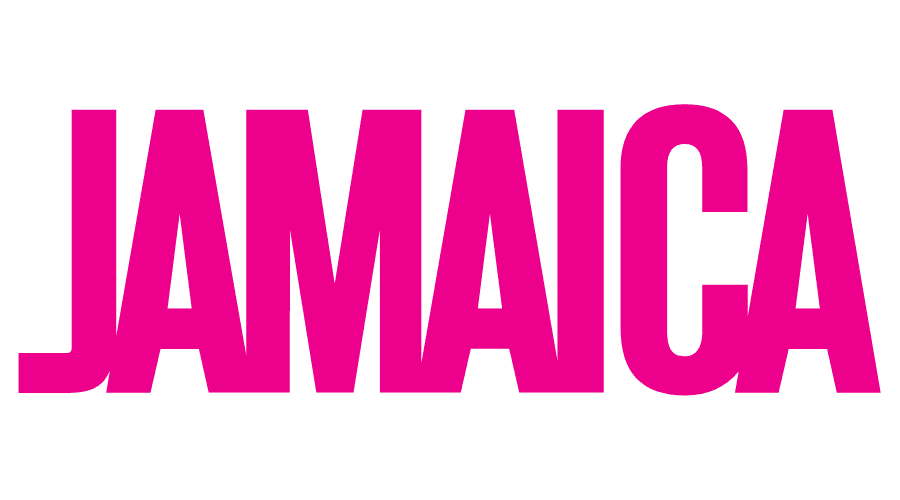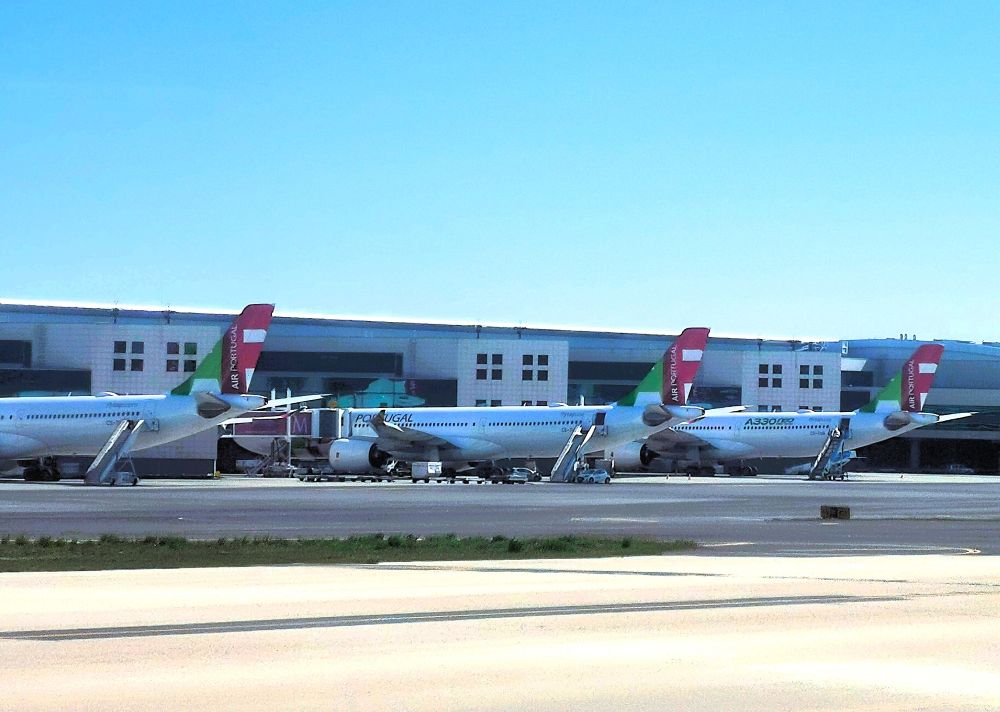Package Travel Regulations – one year on
TravelTek Press Zone article
The 1st July 2019 marked the 1st birthday of what Simon Bunce, ABTA Director of Legal Affairs, describes as ‘the biggest change in travel industry regulation for over 25 years’. One year on from the introduction of the 2018 Package Travel and Linked Travel Arrangements Regulations, we take a look at what impact they have had, and how the industry has reacted to the new directive.
The necessity for a modernised regulation arose from the rise in online bookings, which has transformed the way many people buy holidays. In 2017, 87% of UK holidaymakers booked online, compared to 76% in 2016. It is estimated that the new legislation would protect over ten million more UK package holidays a year.
The new directive sought to address many of the issues that had become problematic under the previous law by including more detailed and rigid requirements.
For many companies who already sold package holidays under the previous regulations, much has remained unchanged. However, for other travel companies who now sell what is considered to be a package holiday under the new definition, the revised directive has brought numerous challenges.
Widespread Confusion
Meanwhile, even a year on the industry is still grappling with some of the basic concepts introduced by the regulations. Most notably the blurred line between what is considered a package and a Linked Travel Arrangement, which offers considerably less protection, remains a serious point of contention. Perhaps even more disconcerting, there appears to be a distinct lack of agreement when it comes to taking responsibility for a package holiday.
A recent example which has caused a bit of a stir has been Airbnb’s decision to launch Airbnb Adventures – a range of multi-day trips around the world in combination with Airbnb accommodation. This launch of tours has prompted a number of consumer protection questions. Under the new regulations, a combination of services such as accommodation and tour services would seem to fall into the definition of a package, thus making Airbnb responsible for all components. Alan Bowen, legal adviser to the Association of Atol Companies, agrees with this conclusion, stating:
"These are without doubt package holidays – they’re offering tour services, plus accommodation. If they sell in the UK, they will need to provide financial protection and will be liable if things go wrong."
However, on the Airbnb website it categorically states that Airbnb customers who book additional travel services on the Airbnb website, after selecting and paying for an original service, will not benefit from rights applying to the new legislation.
Simon Bunce said of this policy: "Airbnb has clearly considered the matter but we are not convinced that they have come to the right conclusion."
Future reform
Therefore, a year on, it’s clear that there still remains much ambiguity about the new package travel regulations, sparking calls that future reform may well be necessary. The Department for Business, Energy and Industrial Strategy, which drafted the new regulations in 2018, confirmed this week that a review was underway and ‘would be published in due course’. The BEIS spokesperson declined to comment on the scope of the review, other than stating that it would focus on the first year of the new regulations. Watch this space!
Traveltek
Have your say Cancel reply
Subscribe/Login to Travel Mole Newsletter
Travel Mole Newsletter is a subscriber only travel trade news publication. If you are receiving this message, simply enter your email address to sign in or register if you are not. In order to display the B2B travel content that meets your business needs, we need to know who are and what are your business needs. ITR is free to our subscribers.








































Airlines suspend Madagascar services following unrest and army revolt
Airbnb eyes a loyalty program but details remain under wraps
Qatar Airways offers flexible payment options for European travellers
Air Mauritius reduces frequencies to Europe and Asia for the holiday season
Major rail disruptions around and in Berlin until early 2026